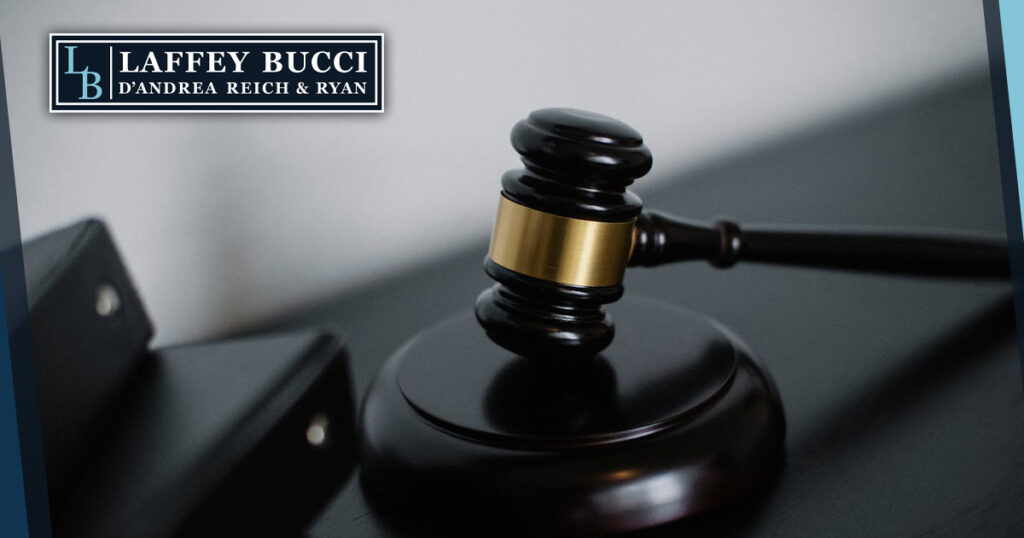Public schools and private schools can be held liable for negligence in allowing sexual abuse to occur, whether by a teacher, principal or fellow student. However, how the claims are made vary, depending on the facts and circumstances of the case.
Pennsylvania Public School Sex Assault Law Update – Federal Court Rules Against Philadelphia Public School [September 6, 2016. In L.R. v. School District of Philadelphia, a young girl’s legal claim against a public school was allowed to proceed where a teacher allowed an unknown and unidentified woman to remove the kindergartener from class and that adult later sexually assaulted the girl.]
Sex Abuse Cases Against Government Entities Such as Schools in PA
Pennsylvania, like most states, limits liability of government entities, such as:
- state/city/county operated schools,
- state/city/county operated group homes,
- state/city/county operated juvenile detention centers,
- state/city/county operated prisons, and
- state/city/county operated government offices.
The principle of government immunity is that our government is exempt from lawsuits, except in certain, limited situations. Common types of claims allowed against government entities in Pennsylvania include defects in streets, defects of sidewalks, or other defects of government owned real property.
Sex abuse cases against government entities, such as a public school or prison, will not generally be allowed under state law, unless some defect of government property contributed to or caused the abuse. For example, if inmates escaped due to a defect of the local jail (i.e., faulty locks, broken door, etc.), the local jail might be held liable for the defect, which allowed the escape.
Instead, sex abuse cases may be brought against state entities under federal law, usually the Due Process Clause of the U.S. Constitution. In order to be held liable under the Due Process Clause, a state (via state employees) must act with an extremely high level of culpability. One theory which is used in government sex abuse cases is the snake pit theory – the state either created the danger (snake pit) and/or with deliberate indifference, greatly increased the risk of harm (threw the abused victim into the snake pit). Read more about government liability for sex abuse and the snake pit theory.
Are Private Schools Able to be Sued for Sex Abuse?
In general, private schools operate outside the confines of these restrictions. In other words, there is no similar limitation, at least in Pennsylvania, which exempts private schools from liability. However, each state varies in terms of addressing liability of private schools. For instance, New Jersey’s Charitable Immunity Act generally bars tort claims against any entity which exists for religious, charitable or educational purposes.
More Pennsylvania Sex Abuse Legal Articles:
- Pennsylvania Child Sex Abuse Law: The Statute of Limitations
- Steps Involved in a Pennsylvania or New Jersey Child or Priest Sex Abuse Civil Lawsuit
Sex Abuse Lawyer in Pennsylvania & New Jersey
Laffey Bucci D’Andrea Reich & Ryan handles sex abuse cases in the Northeast area with offices in Pennsylvania, New Jersey and New York. Guy D’Andrea and Stewart Ryan always offer free, confidential consultations. The firm has the resources and experience to handle sex abuse cases in all states and welcomes calls from local counsel about potential cases. Call (215) 399-9255.
**This website does not provide legal advice. Every case is unique and it is crucial to get a qualified, expert legal opinion prior to making any decisions about your case. Discussion of prior outcomes is no guarantee of same or similar results in future cases. See the full disclaimer at the bottom of this page.
Page last updated: September 14, 2016

